
I’ve loved Mark Ruffalo ever since his breakout role in Kenneth Lonergan’s brilliant You Can Count on Me. Here, he provides a decent anchor with his sheer gravitas and magnetism, yet I couldn’t help thinking he’s not being given enough room to breathe, to truly flex his acting chops. We see Robert hard at work, walking the streets, deep in thought, feeling deeply for the victims, the circles darkening under his eyes as the years pass – but all that purported depth is really just skin-deep. Bill Pullman shows up briefly, spicing up the proceedings in an off-kilter performance that jars, but in a good way (if there’s such a thing). Tim Robbins provides an inspirational speech about the demonization of attorneys (hah!) in a hockey and miscalculated moment. Bill Camp is almost unrecognizable underneath bushy eyebrows, sporting a thick accent.
Most legalities in this “legal thriller” take place behind the scenes, making for a languid drama that feels way longer than its 126-minute running time. The steel-blue color palette grows monotonous quickly. Save for some memorable moments involving cows – a POV of a rabid cow; a 190-cow graveyard – the film serves up age-old themes with a heavy hand: revisiting one’s past, righting a wrong, and the division of classes (“F**k you, hick,” an enraged Phil spits in Robert’s face.)
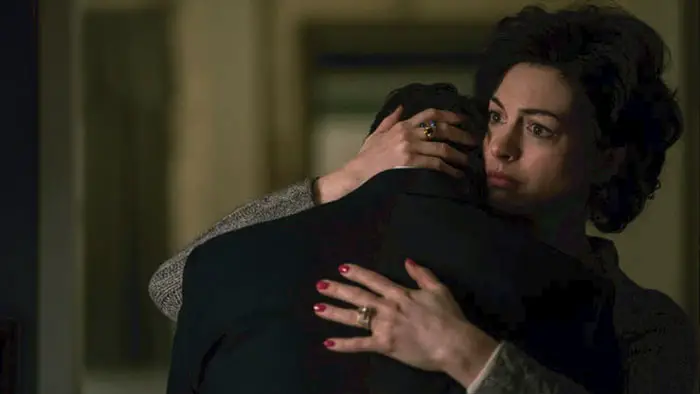
“…he provides a decent anchor with his sheer gravitas and magnetism…”
Scenes involving Anne Hathaway in particular land with a painful thud. In an attempt to flesh out the “adoring, supporting wife” role, Haynes shoots himself in the foot, bringing much attention to an underdeveloped character, who, despite all the pseudo-feminist speeches, amounts to, yes, the “adoring, supporting wife.” “Don’t talk to me like I’m the wife,” she even states pointedly. In a film primarily filled with men, it becomes a glaring blemish. Adding salt to the wound, Hathaway’s acting rings false every step of the way. It’s a rare case of the actress delivering a shrieky, sappy performance—one that, like the film, spells everything out. Oh, and the terrible wigs don’t help.
A similar thing happens with the film’s black cast. There’s one sort-of major black character – attorney James Ross, played by William Jackson Harper – who speaks profoundly in one scene. The rest of the cast is comprised of primarily white men. A scene portrays wealthy attorneys being served by black people at a reception. Again, if Haynes is making a point here, it gets lost, and he ends up emphasizing the film’s own deficiencies.
I admire the filmmaker’s more ambitious, outside-the-box features, like his ode to Bob Dylan I’m Not There, in which a variety of actors, male and female, played the singer during different stages of his life, or the colorful rock biopic Velvet Goldmine. He’s produced some incredible films, like Meek’s Cutoff and Certain Women. Now, perhaps he himself can venture into some darker cinematic waters and see what he can discover in the deep murk. I’d much rather be wowed by a flawed-but-ambitious project than be lulled to sleep again by a glossy award magnet.
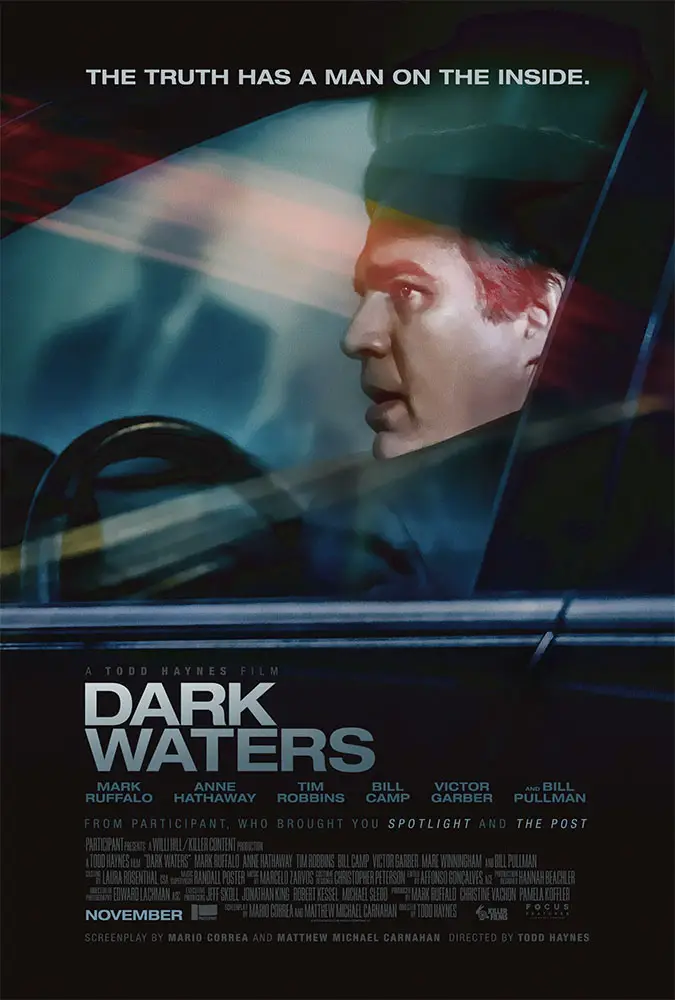
"…memorable moments involving cows – a POV of a rabid cow; 190 cow graveyards..."
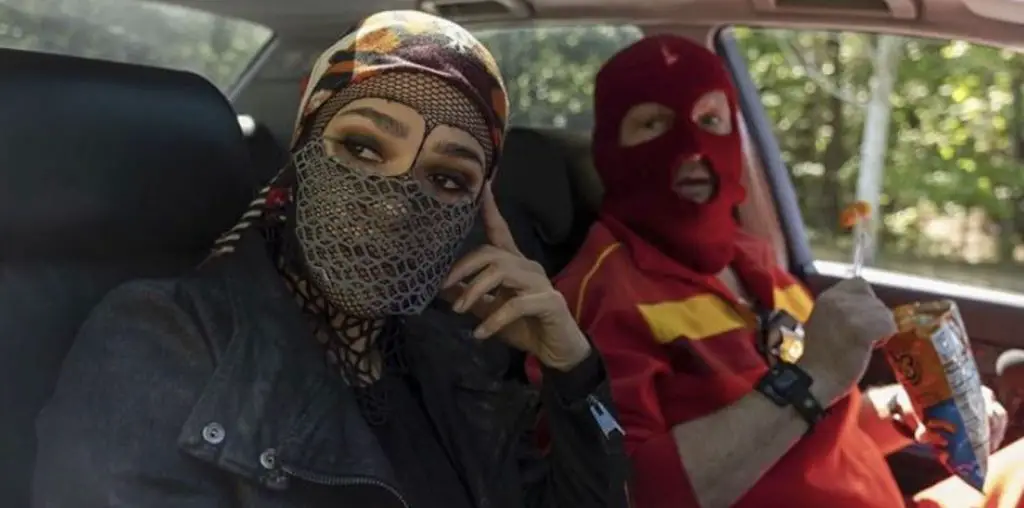
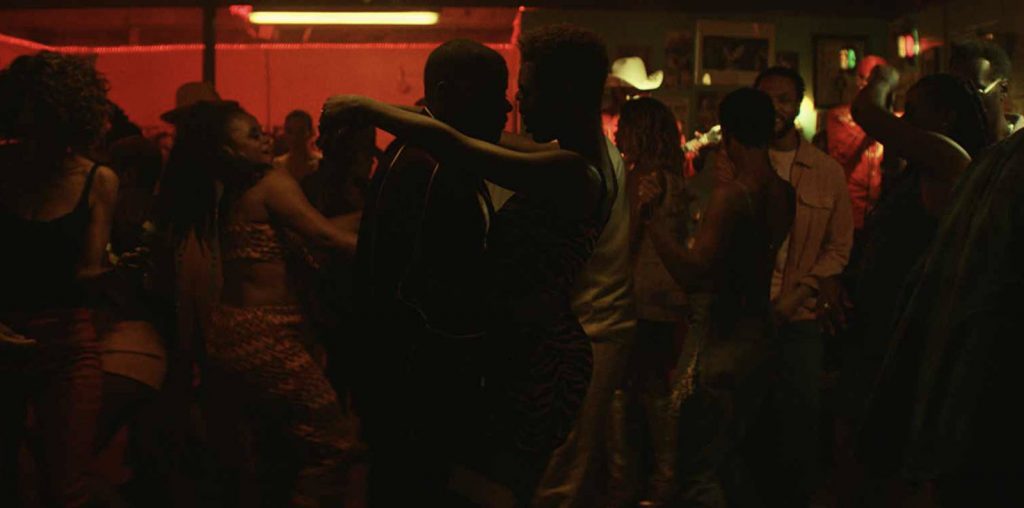
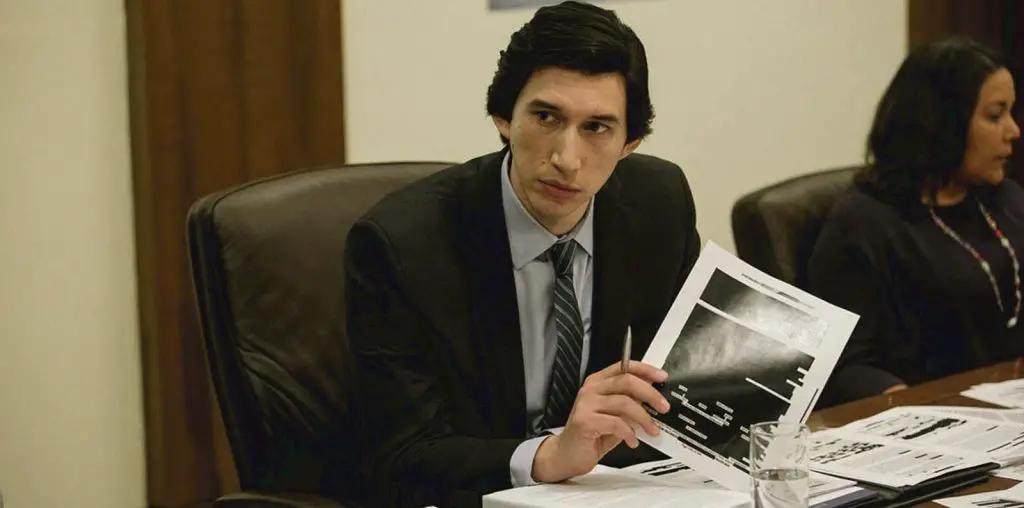
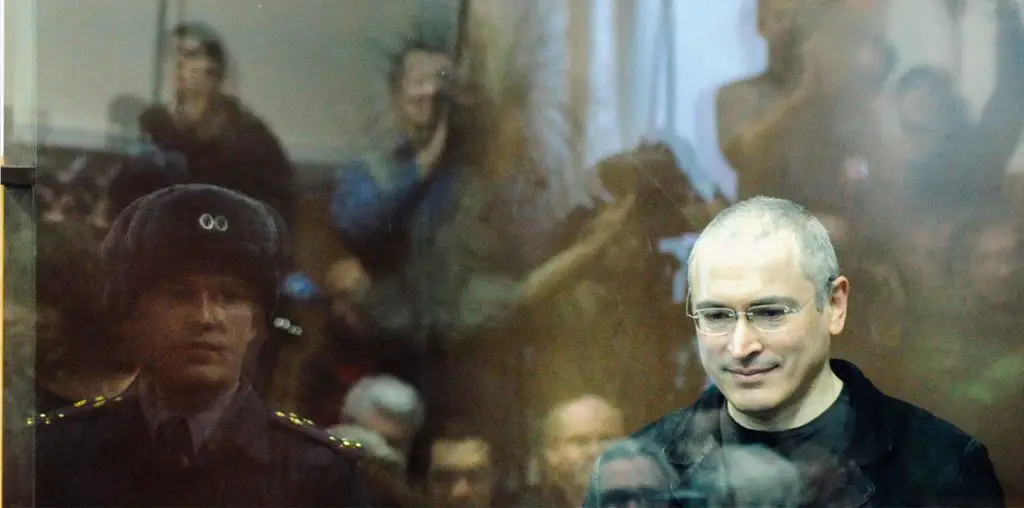
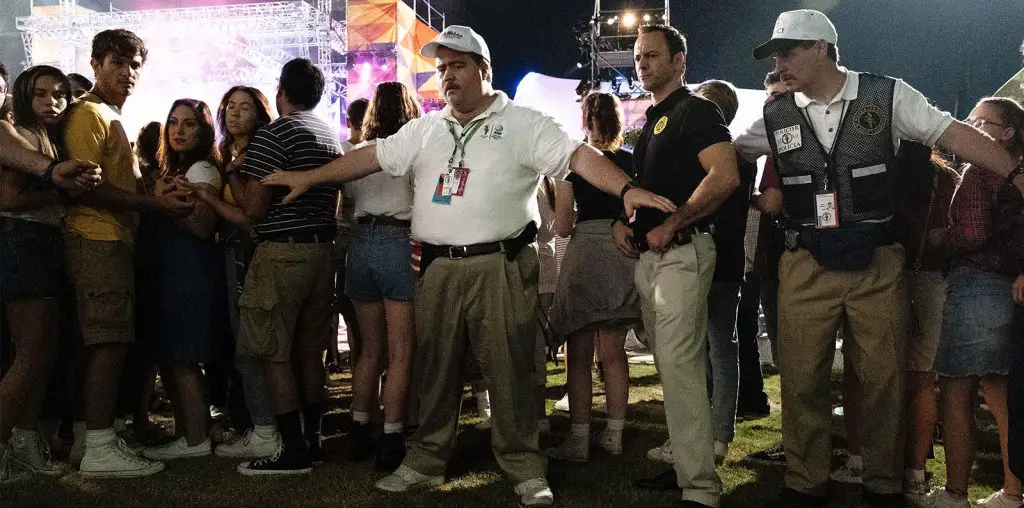

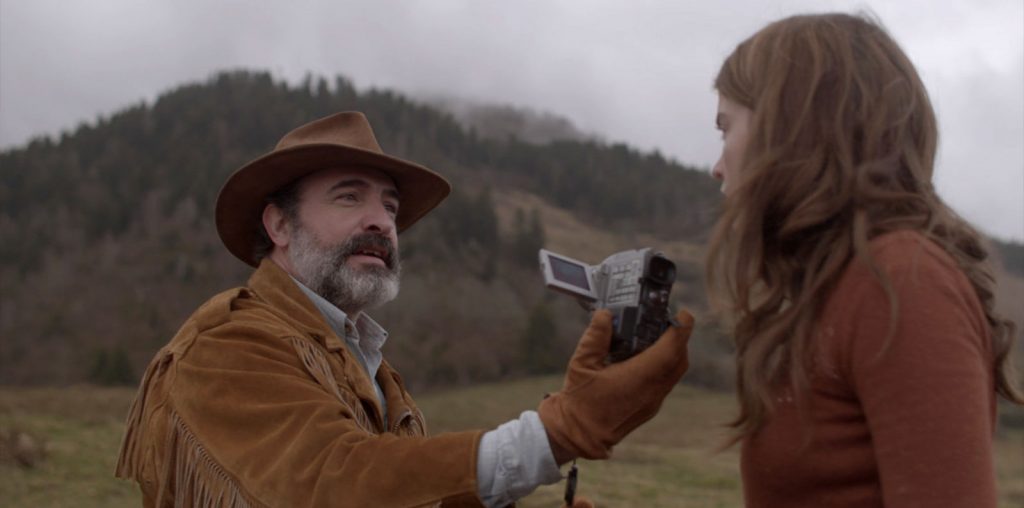
Unlike the reviewers here, I’m black, and I can tell you that the “black” portion of “Far From Heaven” was one of the best depictions of real black life in that period I have ever seen in over six decades of moviegoing. So I’d be inclined to give this one a shot, especially with that unneeded slam that began this review.
While I agree with you, I wasn’t reviewing “Far from Heaven”. I was reviewing “Dark Waters”. I made it very clear that “the slam” was my opinion, and you are very much entitled to your own. Hope you enjoy the film!
Horrible review. Please don’t read this! Reading that ‘the wigs are aweful’ captures the things this review focusses on. Please focus on the true story the filmmaker is portraying.
I’d like to think that I focused on more than just the wigs, which was just a cheeky remark. I also truly appreciate criticism from folks who can’t spell “awful” or “focuses”. 😉
You’re criticizing the film for some of the wrong reasons. One of them being that Mark Ruffalo is not going to portray Rob Bilott as anything other than how he is – a guy with a damn tight lid on himself. If that’s not cinematically interesting, too bad, that’s the way Rob is, at least Ruffalo has the guts to play the truth, it doesn’t change Rob’s Herculean effort, in challenging DuPont. If the look of the film is boring, well no wonder, this part of the country looks like it’s 8 am ALL DAY, 85 – 90 % of the time from November to April, every year. They shot the film (about an hour away from where I live) this past Jan – Mar, which was one of the darkest, wettest winters we’ve ever had – I don’t think D.P., Ed Lachman had much to work with, poor guy.
The film was pretty solid. It could’ve used some small cuts here & there & I think Haynes made a mistake going to a black screen every time there was a jump in time – it made the film lose momentum; flowing one scene into the next, with the date on the screen would have sufficed.
As to black characters, the inclusion of William Jackson Harper was a favor from Haynes, as Taft *had* no black partners, at least at that time, and God forbid a film in the 21st century portray a Christian woman the way she really is – if you think something’s wrong about her being portrayed in the way she is then you’re not nearly as open-minded as you think. The film wasn’t about her, and could barely be enough about the Bilott’s as a family, as it was, with the point of the film being what Bilott discovered about DuPont & the strain it had on him.
Is it a great film? I wish it was, because what it is saying is extremely important. Everybody on the planet should see it, and then never buy any product containing PFAS ever again. DuPont doesn’t deserve to exist.
Thank you for your comments. I absolutely agree with you that the subject is important and should be portrayed cinematically, so that its message reaches as many people as possible. That said, any film should primarily be entertaining, so that people go see it, right? Otherwise, they’re delegated to watching an equivalent of a dry visual essay. I believe that a different filmmaker (Steven Soderbergh, Darren Aronofsky, among many), could have infused the narrative with more verve.
And yes, in a film, the protagonist should be “cinematically interesting”, even if he didn’t seem that way in real life. Dig a little under that “lid”, that’s what a filmmaker’s job is. We’re all fascinating because we’re human, and it’s an artist’s job to single out aspects that make a character inherently compelling.
I relate to Ed Lachman’s issues, and perhaps the film’s visual style fits the setting, but again: it’s a filmmaker’s job to make the dreariest of settings visually stimulating (for a great example, see Oren Moverman’s treatise on homelessness, “Time Out of Mind”).
I don’t really see how an inclusion of a black character in a film these days can be interpreted as a “favor”. If there weren’t any black characters at the firm, so be it – stay true to the real story; I feel like that’s less needlessly provocative. And Hathaway’s shrill, one-note performance, at least to me, failed to represent the warmth and spirit and nuance of a 21st Century woman, Christian or not. You’ve done a much better job in 4 paragraphs!
I think we both agree that it could have been a more resonant, sharper film considering the important subject matter. Alas, this one just didn’t do it for me!